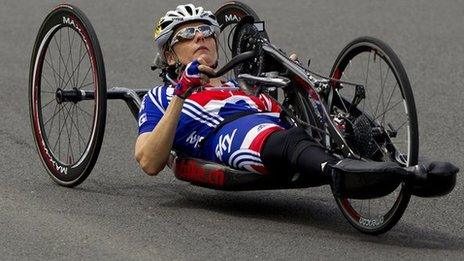Rio Paralympics 2016: Russia to decide on Cas appeal
- Published
Russia Paralympic team ban is 'beyond common sense'
Russia will decide later on Monday whether to appeal against its total ban from the Rio 2016 Paralympics.
Russian Paralympic Committee president Vladimir Lukin said he is considering an appeal to the Court of Arbitration for Sport (Cas).
The Rio Paralympics begin in a month's time, on 7 September, but 267 Russian competitors across 18 sports will now miss the Games.
The country's doping scandal was exposed by the McLaren report.
"The vast majority of our sportsmen are absolutely clean," Lukin told a news conference in Moscow on Monday. "I'm used to a dose of absurdity in life, but this dose is now off the scale."
The International Paralympic Committee (IPC) confirmed the ban on Sunday.
The decision was in contrast to the International Olympic Committee (IOC), which chose not to hand Russia a blanket ban from the Olympic Games.
Announcing the decision, IPC president Sir Philip Craven said Russia's anti-doping system is "broken, corrupted and entirely compromised".
In response, Lukin said his committee was "not even mentioned" in the McLaren report and this action would mean "lives are broken".
"Inevitably, suspicions arise that this is provoked by something unsportsmanlike, something else," he added.
"We absolutely do not want to quarrel, get carried away with emotions. Only the weak get carried away with emotions.
"We will stand our ground in a civilised way."
Why was Russia banned?
Richard McLaren, a Canadian law professor, published a report that found Russia's sports ministry manipulated urine samples provided by its athletes between 2011 and 2015.
The report identified 27 samples relating to eight Para-sports, five of which are summer sports, including some governed by the IPC.
The IPC also found evidence that samples were swapped during the Sochi 2014 Paralympic Games, adding that it planned to reanalyse every Russian sample given at the event
The IPC allowed the Russian Paralympic Committee to present its case before it decided on the ban.
Paralympics takes a stand
The IOC was widely criticised for ignoring the World Anti-Doping Agency (Wada) recommendation to ban Russia from the Rio Olympics.
Instead, each individual sporting federation was given the power to decide if Russian competitors were clean to compete.
A three-person IOC panel then had the final say.
In the end, more than 270 Russian athletes were cleared to compete at the Olympics, which started on 5 August.
- Attribution
- Published8 August 2016
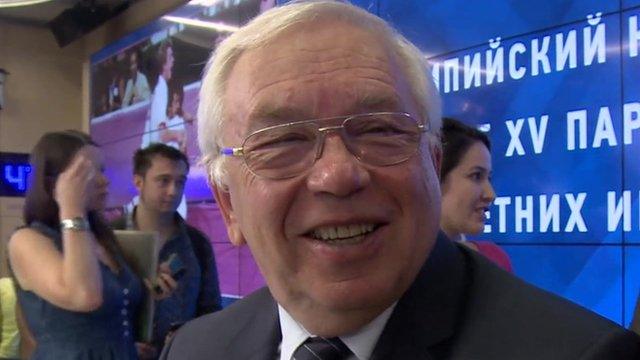
- Published8 August 2016
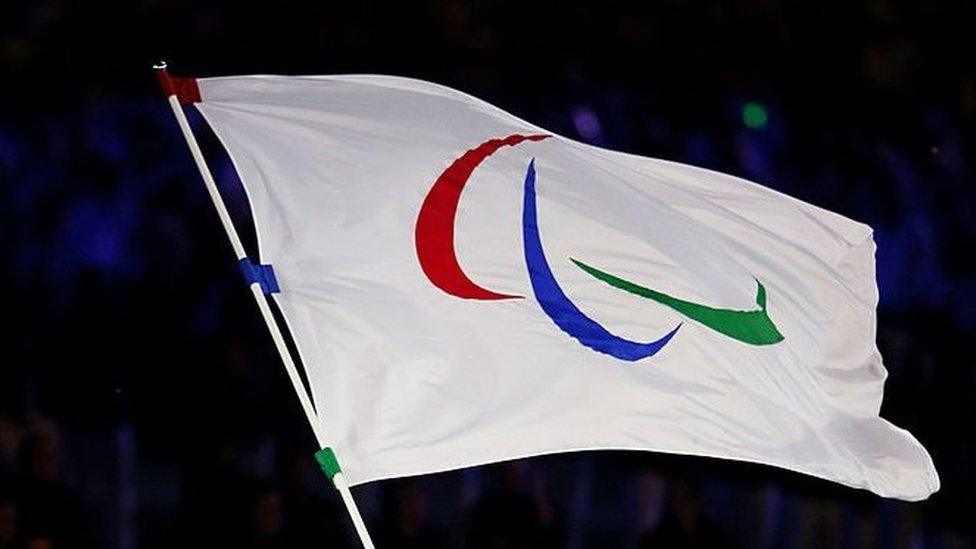
- Attribution
- Published8 August 2016
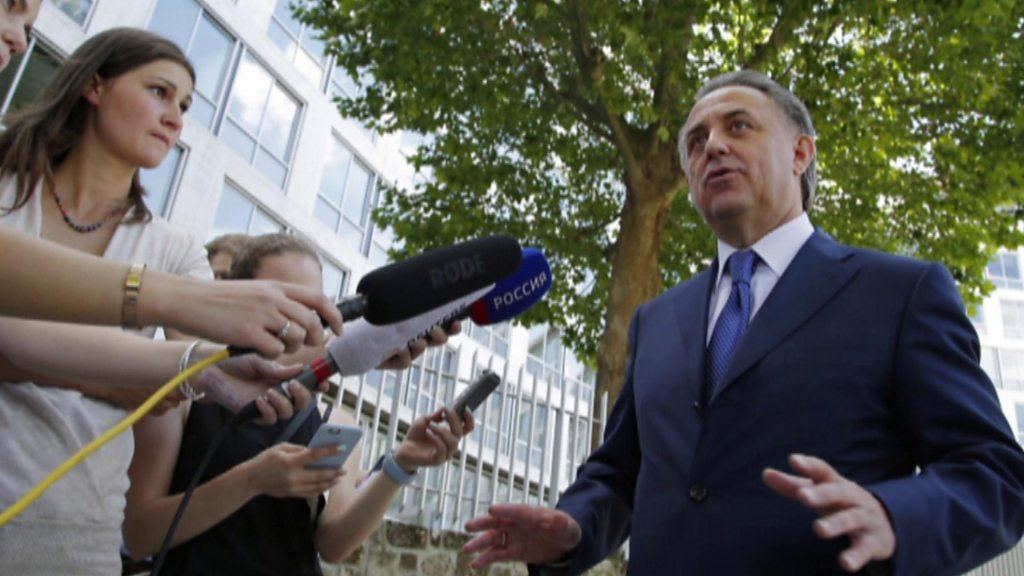
- Published7 August 2016

- Published3 August 2016
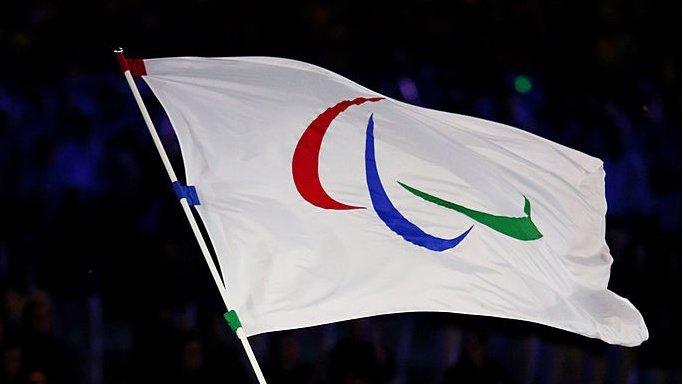
- Published18 July 2016
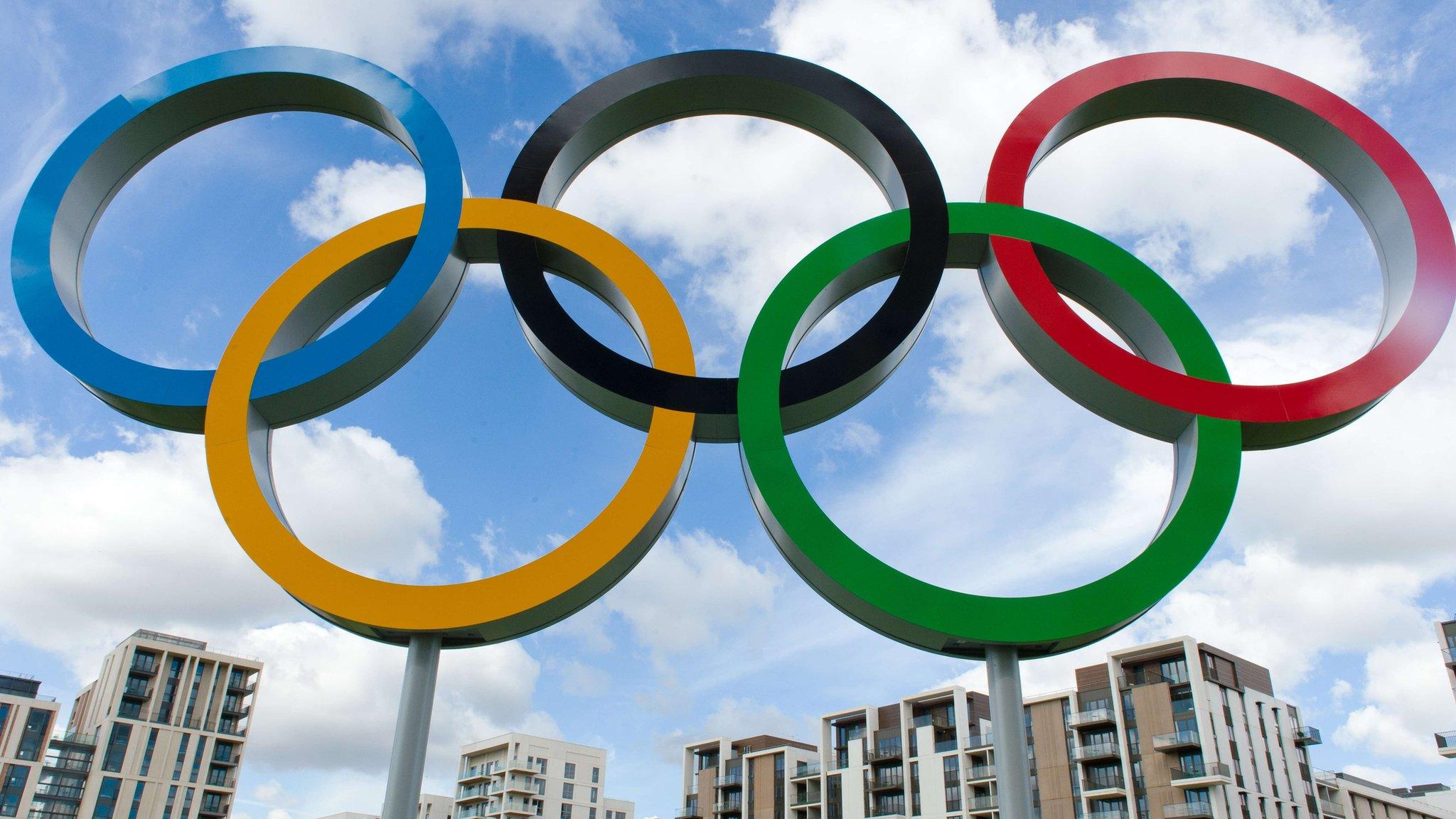
- Published23 August 2016
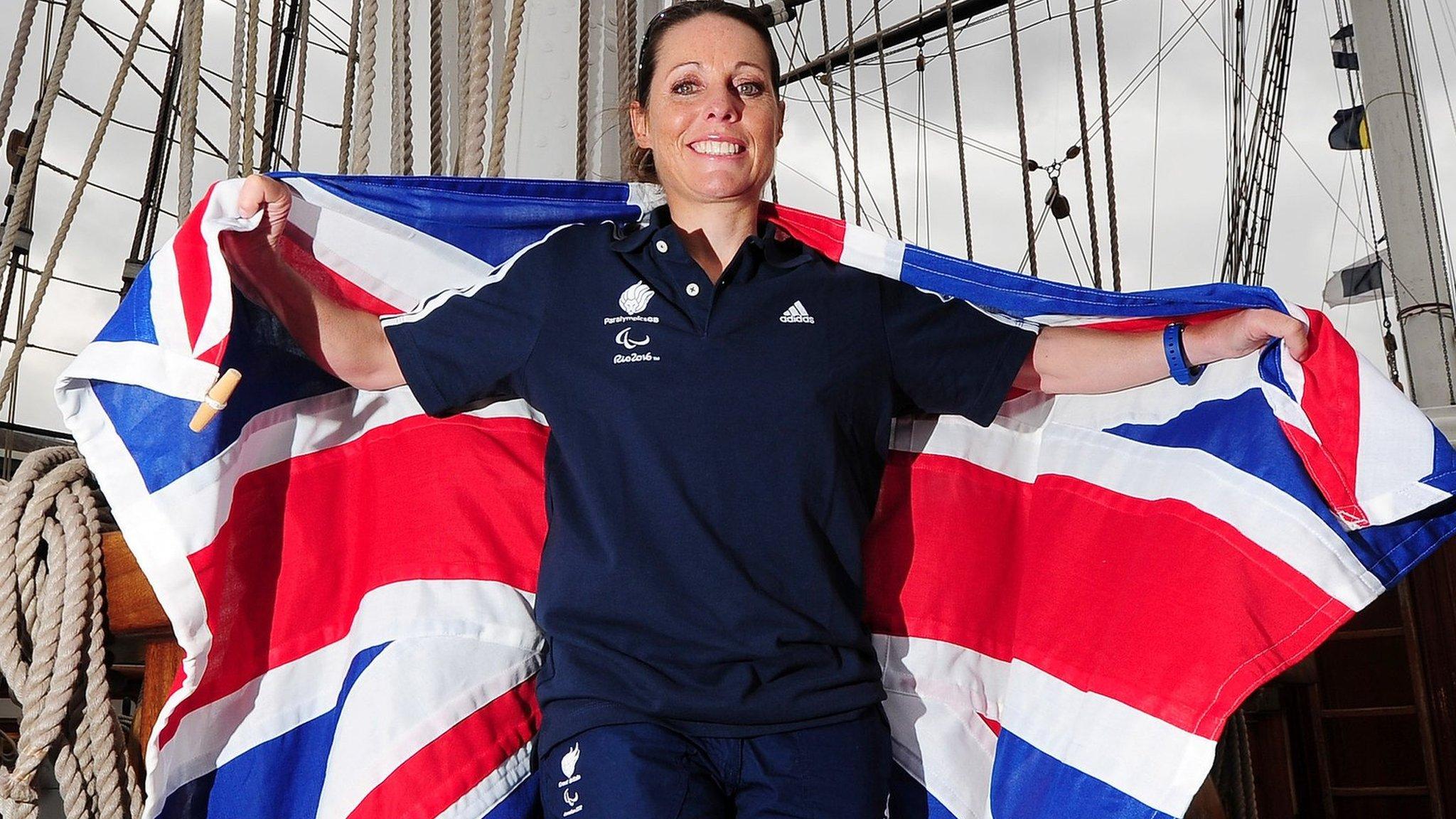
- Published5 September 2016
